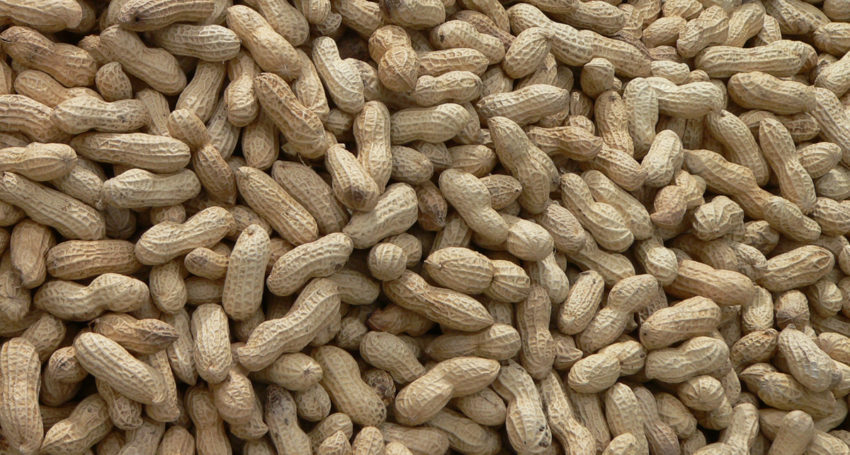Partnership gives rise to emerging peanut allergy vaccine
Health & Medical
South Australian researchers will use a collaboration with a leading drug delivery system to bolster their credentials in the race to develop the world’s first peanut allergy vaccine.

Sign up to receive notifications about new stories in this category.
Thank you for subscribing to story notifications.

Australian biotechnology company Sementis recently announced a collaboration with UK-based Enesi Pharma.
The partnership is focused on the development and evaluation of solid dose versions of Sementis’ lead peanut hypoallergy vaccine and their single vectored Chikungunya/Zika vaccine candidates for administration via Enesi Pharma’s ImplaVax technology.
ImplaVax is an innovative and proprietary needle-free solid dose implant and device technology for subcutaneous vaccination.
Researchers at the University of South Australia in Adelaide helped develop the scalable and stable Sementis Copenhagen Vector (SCV) platform system.
The Experimental Therapeutics Laboratory researchers have also played a key role in developing the single vectored combined Zika-Chikungunya vaccine in partnership with Sementis and are turning their attention to peanut allergy.
The team is now formulating the technology into a small sugar-based crystal suitable for needle-free ImplaVax delivery. Phase 1 clinical trials of the Zika-Chikungunya vaccine are expected to take place in 2019, dependent on funding.
Chikungunya is a viral disease transmitted to humans by infected mosquitoes. It causes fever and severe joint pain. Other symptoms include muscle pain, headache, nausea, fatigue and rash. Zika virus is spread by the same group of mosquitoes that spread the Dengue viruses and Chikungunya virus.
Head of the Experimental Therapeutics Laboratory Professor John Hayball spoke about the partnership at the 19th World Vaccine Congress Europe in Lisbon late last month.
“The Chickagunya/Zika was always our test case to prove that the technology works so the sooner we can get that into a living breathing human in a clinical trial then that’s going to help all our other pre-clinical and clinical development programs for the whole range of other targets that we’re making vaccines against,” he said this week.
“We already know that our viral platform, which is based on the old smallpox vaccine, is already inherently stable and to mix it in with this new technology we will have something that in theory will be a totally stable vaccine that can be kept at room temperature, which is a huge step in the right direction.
“The whole idea is that any vaccine we produce will be in a completely cold-chain independent format.”
The race to develop a peanut allergy vaccine has been gaining momentum with another Australian company, Aravax, nearing completion of the Phase 1 clinical trial of its novel treatment.
Researchers in the United States and Europe are also working on peanut vaccines.
Professor Hayball said the Sementis approach was to re-educate the immune system to provide people with a robust, non-allergic phenotype that could be maintained over time.
“We have quite a wealth of pre-clinical data and a lot of people are very interested in what we’re discovering because it’s a new way to try to treat pre-existing allergy, which is what we’re trying to do,” he said.
“We still need to finalise pre-clinical studies before publishing the research but we’ve got a lot of ex vivo human data from peanut allergic individuals and we have some relatively good mouse data.
“We are preparing for human clinical trials for that vaccine – obviously it’s some time behind the Chikungunya/Zika but we will be trying to shirt tail on the back of what we discover from that vaccine given that we are using the same SCV platform delivery system.”
Peanut allergy is the most common food allergy and affects up to 3 per cent of children, particularly in western countries.
“There is a potential huge commercial market for it in the billions,” Professor Hayball said.
“We have a range of other infectious targets that we are exploring using the SCV delivery system.
“There’s also a huge unmet need for immunotherapy for allergies so we’re interested in peanut allergy but we are also developing a vaccine for cat allergy and we have an interest in house dust mites associated with asthma.”
Jump to next article



